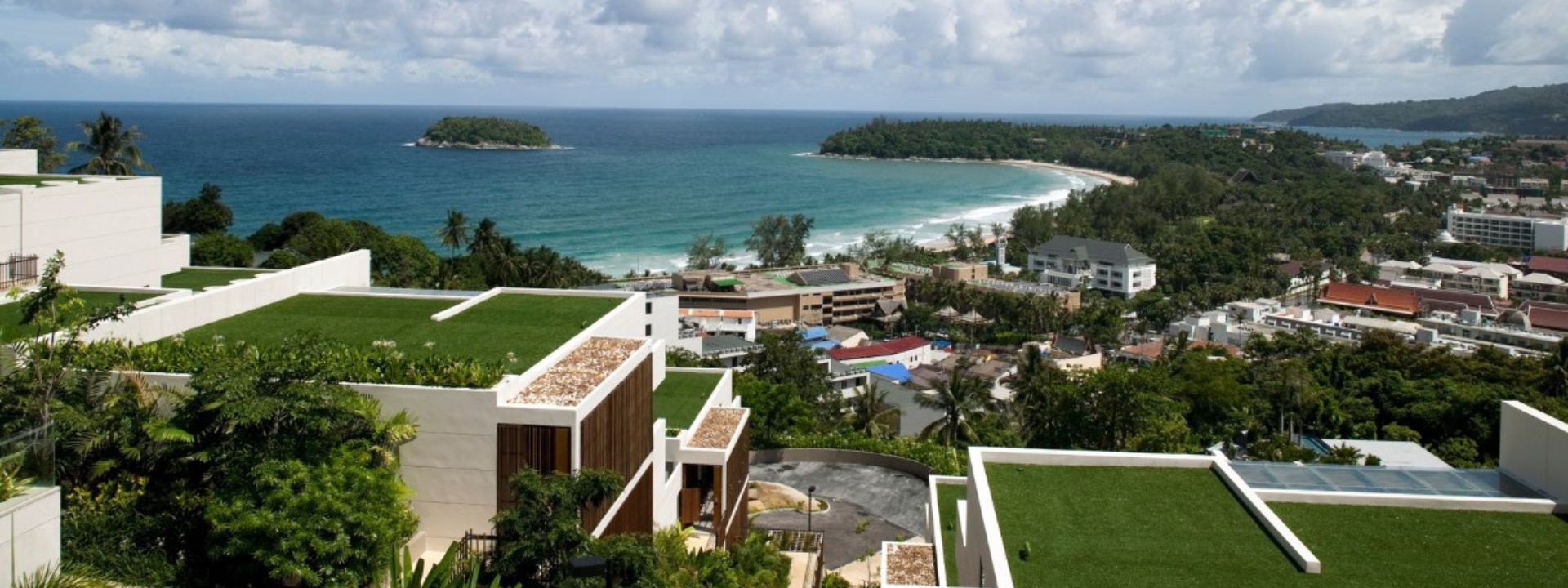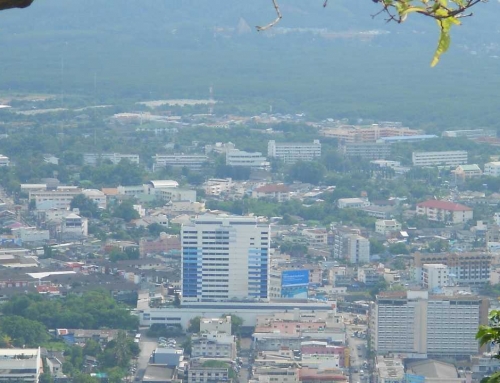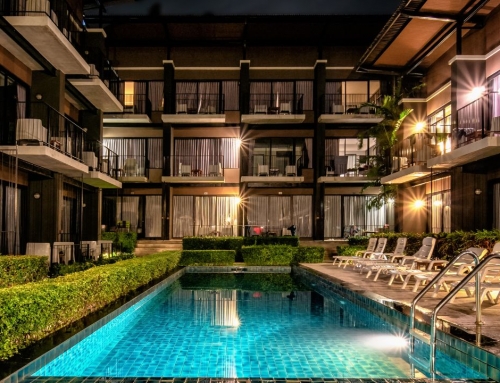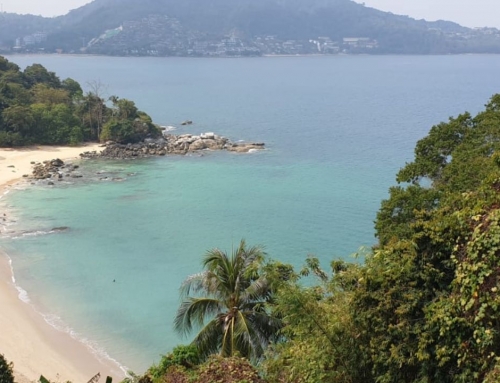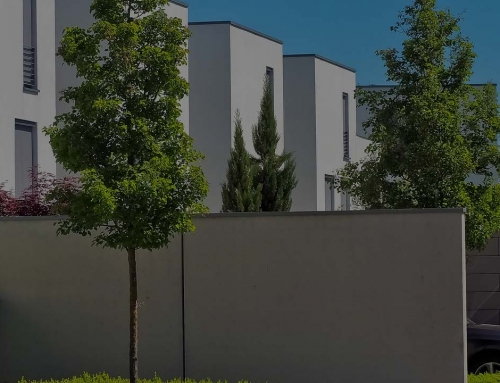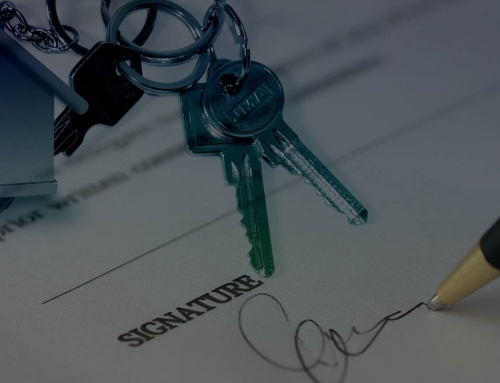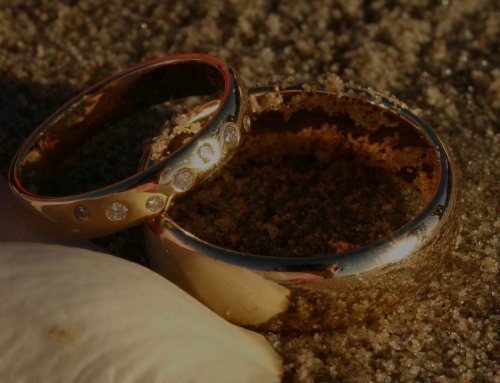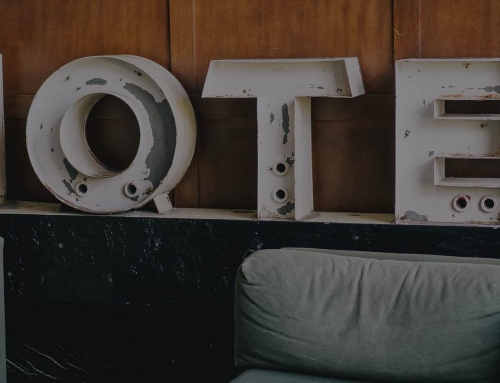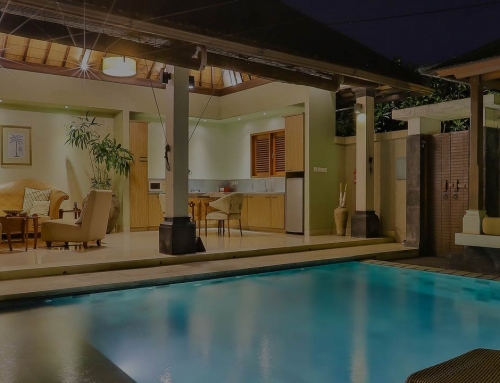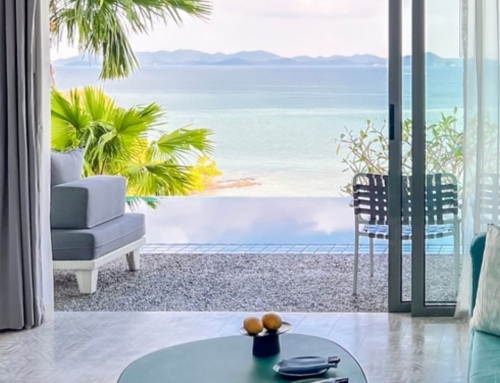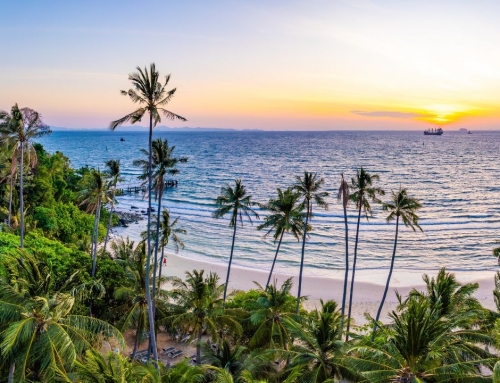By Phuket News Property · August 31, 2021
Updated: November 27, 2025
Developer buy-back schemes have appeared in Phuket at different points over the past decade, usually during periods when developers face slower sales or increased competition. These offers promise to repurchase a condominium or villa at an agreed price after a certain number of years. While the idea can seem appealing, buyers should understand how these schemes work, the risks involved and the importance of careful due diligence before relying on a buy-back commitment.
What a buy-back scheme actually is
A buy-back offer is a commitment by a developer or associated company to repurchase a property at a future date for a specified amount. These offers are often used as part of a wider marketing package which sometimes includes rental guarantees or fixed yields.
Promotions may describe the buy-back as a guaranteed exit strategy or a way to reduce long term financial uncertainty. Some agreements specify a fixed repurchase value, while others include conditions or valuations that depend on market performance. The structure of the agreement can vary widely from one project to another.
Why developers historically offered buy-back options
Buy-back promotions became more visible during periods when developers needed to encourage early sales, including the years before and after the pandemic. They were sometimes paired with rental guarantees to create confidence for overseas buyers who were unfamiliar with the local market.
When tourism was uncertain or when domestic demand slowed, these offers helped projects secure funding and maintain construction timelines. However, the effectiveness of these schemes depended heavily on the financial strength of the developer and the broader market conditions. Not all developers honoured their commitments, particularly in situations where market prices fell or the company faced financial pressure.
The risks and limitations buyers should understand
The most significant risk with buy-back agreements is the possibility that the developer will not be in a financial position to fulfil the commitment when the time comes. A buy-back clause is only as reliable as the company making the promise.
Some agreements rely on marketing language rather than legally enforceable obligations. Others include conditions that give developers flexibility to adjust or cancel the arrangement. If market prices fall below the guaranteed repurchase value, the developer may face a financial loss if they proceed with the buy-back, which increases the risk that the agreement will not be honoured.
Buyers should also be aware that these schemes are not regulated by a dedicated authority. If a developer defaults on a buy-back commitment, enforcement may be difficult, especially for overseas buyers.
What buyers should check before considering any buy-back offer
Buyers should request full written details of the buy-back terms and ask whether the agreement is legally binding. Independent legal review is essential to confirm whether the contract grants enforceable rights or is structured as a promotional statement.
Checking the developer’s track record can provide insight into how previous commitments were handled. Reviewing financial stability, company history and past project performance can help identify potential red flags. Buyers should also confirm whether the repurchase amount is fixed or conditional and whether any fees or charges apply.
Clarity on timelines, valuation processes and payment schedules is important. Without clear mechanisms, the buy-back arrangement may not offer the certainty it appears to provide.
Are buy-back offers still common in 2025
Buy-back schemes are far less common in Phuket today. The market has matured, and buyer expectations have shifted toward transparency, long term value and regulatory compliance. Developers are now more focused on delivering quality construction, strong building management and clear ownership structures rather than relying on promotional financial incentives.
However, these offers may reappear if market conditions soften or if competition increases in certain areas. If so, buyers should evaluate them carefully and avoid making purchase decisions based primarily on a promised future repurchase.
Practical advice for foreign buyers in 2025
Buy-back schemes should be viewed as supplementary incentives rather than reliable guarantees. Buyers should base their decisions on factors such as location, building quality, developer reputation, management strength and long term sustainability.
Independent legal review is strongly recommended for any agreement involving financial guarantees or repurchase commitments. Buyers who approach buy-back schemes with caution and clear expectations are better positioned to assess whether such offers provide real value or simply serve as marketing tools.

